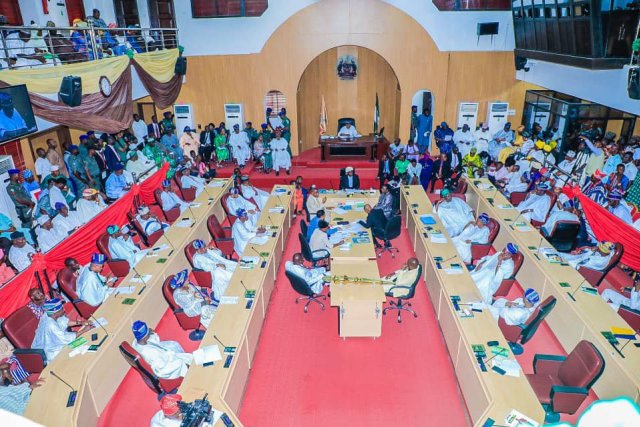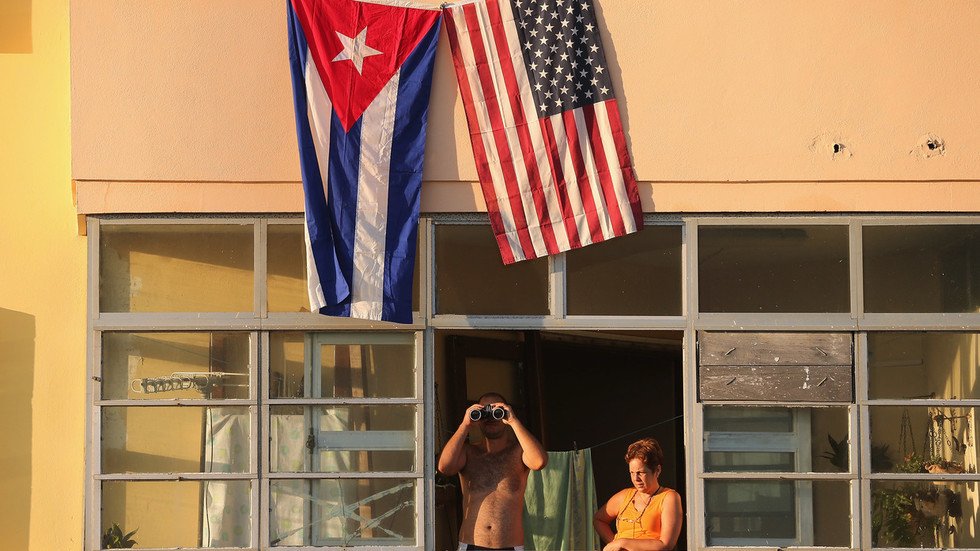The 59th Carthage International Festival opened Saturday with a grand yet polarizing tribute to Tunisia’s cultural legacy, as revered conductor Mohamed Garfi returned to the historic amphitheater after a prolonged hiatus. Titled Men Kaa el Khabia (“From the Bottom of the Jar”), the orchestral performance blended music, theater, and poetry to honor 20th-century Tunisian artists, though it drew a smaller-than-expected audience and mixed reactions from attendees.
Held under the patronage of parliamentary speaker Brahim Bouderbala and Culture Minister Amina Srarfi, the event featured the Tunisian Symphony Orchestra, the Tunis Opera Choir, and the National Troupe of Popular Arts. Garfi, 77, curated 25 reinterpreted works spanning composers like Hédi Jouini and poets such as Abou Al Kacem Chebbi, while vocalists Hamza Fadhlaoui and Chokri Omar Hannachi shared the stage with actor Jamel Madani, who delivered a medley of vintage comedic songs. The program opened with Le Salut Beylical—a 19th-century anthem once attributed to Verdi but claimed by Tunisian scholars as a local creation—setting the tone for a night steeped in historical reflection.
While the production aimed to bridge generations, some attendees told Tunisia’s TAP news agency the execution fell short. Critics praised its educational value but noted a lack of emotional resonance, citing experimental arrangements that diluted the rawness of traditional Tarab music. “It felt more academic than heartfelt,” one concertgoer remarked, echoing sentiments that the reinterpretations muted the soul of classics by icons like Salah Khemissi. Others expressed disappointment in the sparse turnout, contrasting it with the festival’s reputation for drawing massive crowds.
Garfi, a towering figure in Arab musicology whose career peaked in the 1980s–90s, faced heightened expectations for his comeback. Admirers acknowledged his lifelong dedication to preserving Tunisia’s sonic heritage but questioned whether the symphonic approach aligned with contemporary tastes. Still, the evening underscored his enduring influence: By weaving theater into orchestral pieces and spotlighting overlooked pioneers, the maestro reaffirmed his role as a custodian of cultural memory.
The Carthage International Festival continues through August 21, featuring over a month of music, film, and theater across Tunisian venues. As debates over artistic innovation versus tradition persist, Garfi’s return—a blend of reverence and risk—highlights the challenges of revitalizing heritage for modern audiences.



